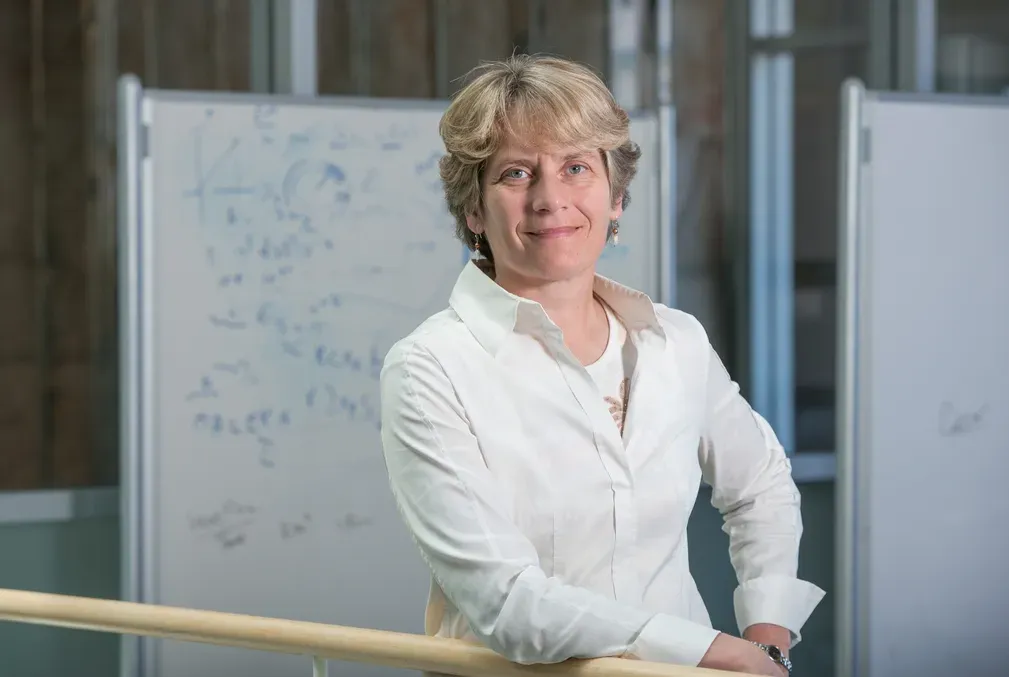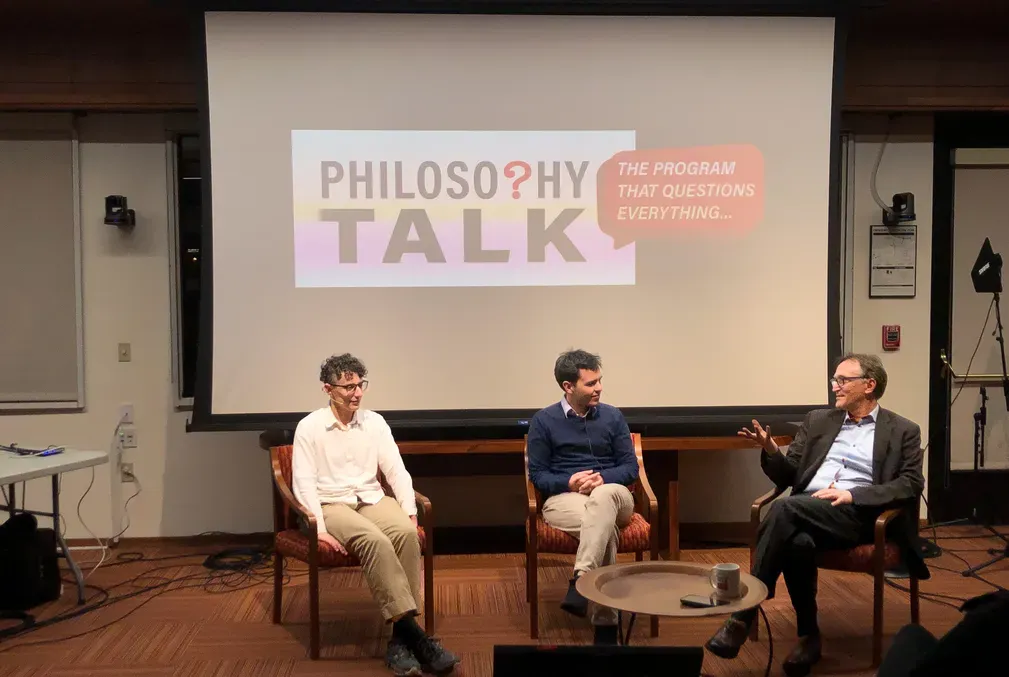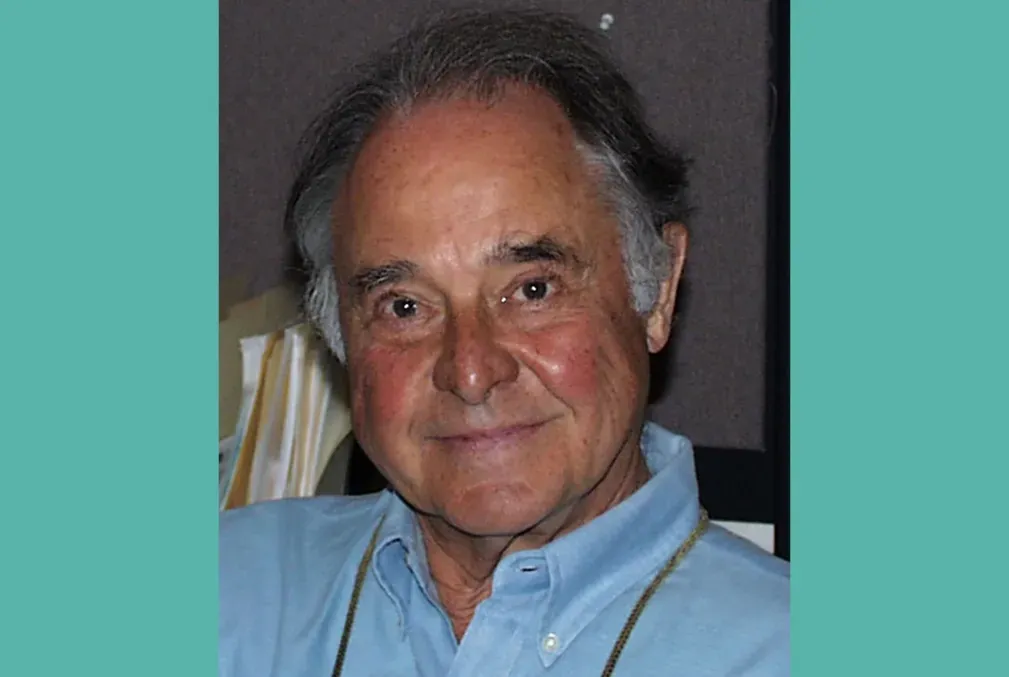Dan Jurafsky receives 2022 Atkinson Prize in Psychological and Cognitive Sciences
Stanford professor of linguistics and of computer science receives award for his groundbreaking contributions to computational linguistics and the sociology of language with significant applications to machine learning, artificial intelligence, and social justice.
Dan Jurafsky, the Jackson Eli Reynolds Professor in Humanities, professor of Linguistics in the School of Humanities and Sciences (H&S), and professor of Computer Science in the School of Engineering will receive a 2022 Atkinson Prize in Psychological and Cognitive Sciences “for his groundbreaking contributions to computational linguistics and the sociology of language with significant applications to machine learning, artificial intelligence, and social justice.”
The Atkinson Prize in Psychological and Cognitive Sciences, formerly the National Academy of Sciences (NAS) Prize in Psychological and Cognitive Sciences, honors significant advances in the psychological and cognitive sciences with important implications for formal and systematic theory in these fields. Two prizes of $100,000 are presented biennially. Since the award was established by Richard C. Atkinson in 2013, a total of three Stanford faculty have received this prize. Carol Dweck, the Lewis and Virginia Eaton Professor in H&S received the Atkinson Prize in 2016 and James “Jay” McClelland, the Lucie Stern Professor in the Social Sciences in H&S, received an inaugural award in 2014.
The NAS award citation highlights Jurafsky’s interdisciplinary approach to foundational research and credits him with pushing the boundaries of linguistics and computer science: “Jurafsky has made landmark contributions to computational linguistics and its application to modeling the social, interactional, and cognitive aspects of human language and its processing.” His work has “helped advance the study of race and gender in computational modeling of language and its application to social justice.”
Upon learning he had been honored with the prize Jurafsky said, “it's been exciting to be part of a multidisciplinary community of colleagues and students who apply computational thinking to better understand human language and society, and at the same time draw on this inherently social nature of human language to understand and improve machine language processing.”
Jurafsky is also known for his passion for pedagogy in computational linguistics, writing major textbooks and developing many online classes and lectures. He is also the author of the James Beard Foundation Award finalist book The Language of Food: A Linguist Reads the Menu (W. W. Norton & Company, 2012).
Jurafsky remarked, “I adore something that food writer Jonathan Gold said, that beautiful things are often found in the ‘fault lines between cultures.’ That's true at the intellectual boundaries in science too.”




